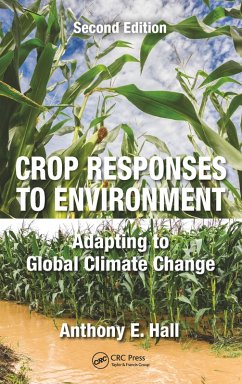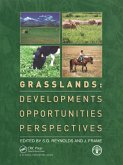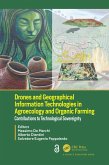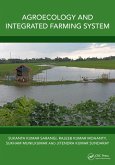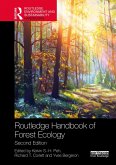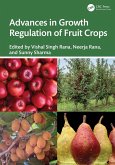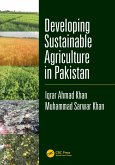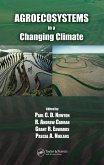Following in the tradition of its predecessor, this second edition describes aspects of crop responses to environment that are particularly relevant to the development of improved crop cultivars and management methods on a global scale. It emphasizes principles and theories concerning plant responses to the environment for plants in natural as well as agricultural systems. The new edition contains more comprehensive material, an improved writing style, and places emphasis on crop adaptation to global climate change.
Dieser Download kann aus rechtlichen Gründen nur mit Rechnungsadresse in A, B, BG, CY, CZ, D, DK, EW, E, FIN, F, GR, HR, H, IRL, I, LT, L, LR, M, NL, PL, P, R, S, SLO, SK ausgeliefert werden.
Hinweis: Dieser Artikel kann nur an eine deutsche Lieferadresse ausgeliefert werden.

